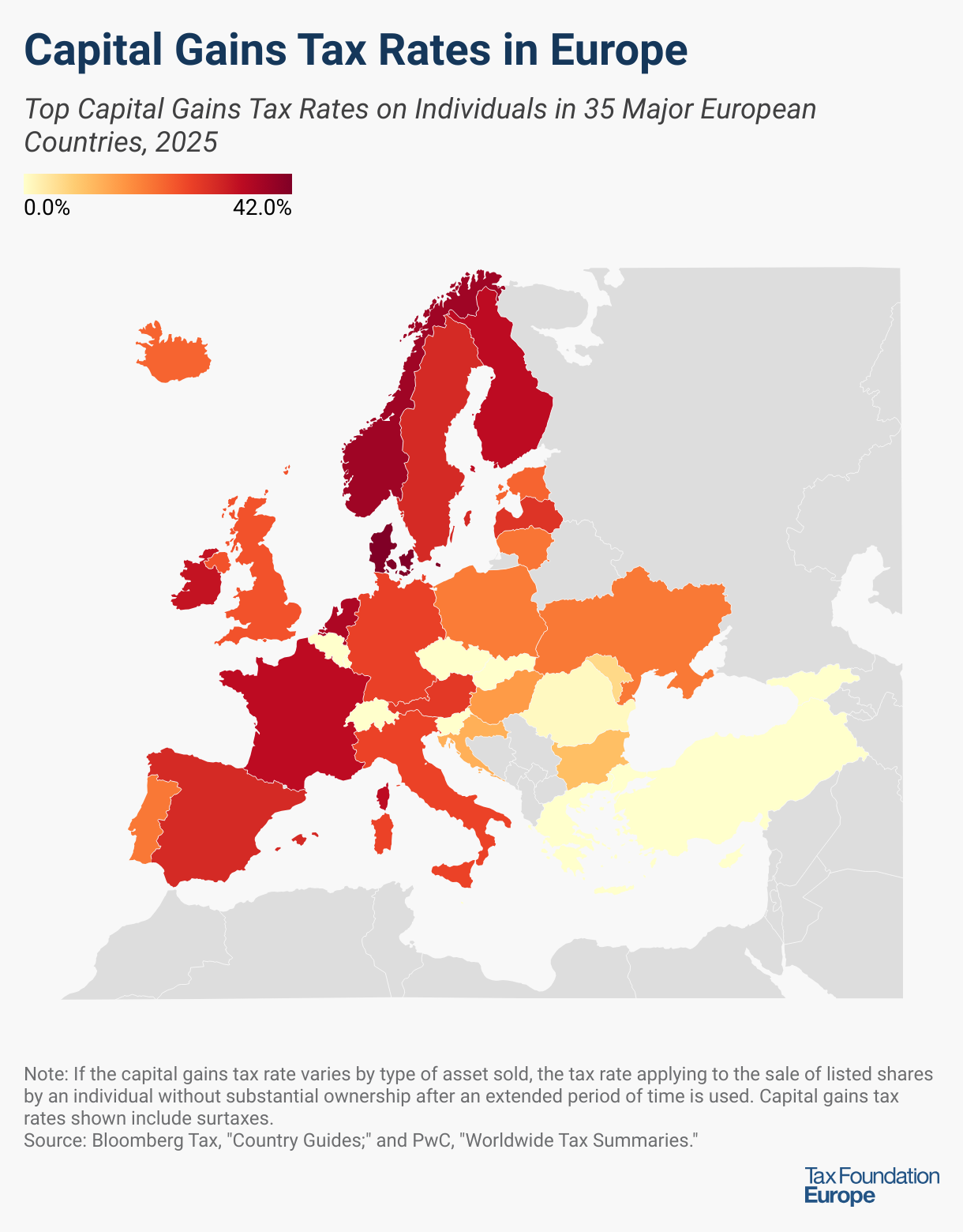Imagine a world where the traditional income tax system is replaced with an entirely new approach. This isn't just a theoretical idea but a potential reality that could reshape the financial landscape of America. The proposal comes from none other than former President Donald Trump, who has suggested a bold move to abolish federal income taxes and introduce tariffs as the primary source of government revenue.
This radical change in taxation policy could have profound implications for both individuals and businesses across the United States. As we delve deeper into this concept, it's important to consider how such a shift might affect economic growth, public spending, and international trade relations. Could this be the catalyst needed to revolutionize America's financial future, or will it create unforeseen challenges? Let's explore the details of this controversial yet intriguing proposal.
A New Era of Taxation: Exploring the Potential Impact
President Donald Trump has proposed abolishing federal income taxes, suggesting that tariffs and taxes on foreign goods could replace them. This ambitious plan aims to transform the way the U.S. government generates revenue. By eliminating income taxes, the administration hopes to reduce the burden on American workers and encourage economic growth. However, this approach also raises questions about its feasibility and potential consequences.
The proposal aligns with multiple initiatives by Trump and his supporters, who advocate for deep federal spending cuts and a shift towards consumption-based taxation. Proponents argue that replacing income taxes with tariffs could simplify the tax code, making it easier for citizens to understand and comply with their financial obligations. Additionally, it might incentivize domestic production by imposing higher costs on imported goods.
Despite these potential benefits, critics warn of possible negative impacts on low- and middle-income households. They fear that relying heavily on tariffs could lead to increased prices for consumers, effectively acting as a regressive tax. Furthermore, such a policy might strain relationships with trading partners, potentially sparking retaliatory measures that could harm U.S. exports.
Assessing the Viability of Tariff-Based Revenue
Trump envisions replacing all lost revenue from abolished income taxes with funds generated through tariffs. While theoretically appealing, practical implementation presents significant hurdles. The total value of imported goods annually may not suffice to cover the shortfall created by eliminating income taxes. Moreover, fluctuations in global markets and changes in consumer behavior could further complicate projections.
Economists caution against over-reliance on tariffs as a primary revenue source due to inherent risks associated with international trade dynamics. Historically, excessive use of tariffs has led to trade wars and economic instability. Therefore, any transition must carefully balance short-term gains against long-term sustainability considerations.
In light of these concerns, policymakers must evaluate alternative strategies that complement tariff revenues while ensuring fiscal stability. Diversifying income streams through innovative methods like digital service taxes or carbon pricing mechanisms could provide additional support during transitional phases.
Critical Perspectives from Policy Experts
During his campaign, Trump floated the idea of adopting an all tariff policy to replace federal income tax. Economic experts have weighed in on this proposition, offering mixed opinions regarding its viability and implications. Some believe it represents an opportunity to overhaul outdated systems, fostering greater efficiency and fairness within the tax framework.
However, others express skepticism, pointing out potential drawbacks such as disproportionately affecting lower-income families who spend larger portions of their earnings on essential goods subject to tariffs. Treasury Secretary Janet Yellen criticized the plan, arguing that it would render life unaffordable for working-class Americans and negatively impact local businesses reliant on affordable imports.
Vice President Kamala Harris echoed similar sentiments, labeling Trump's tariff strategy as essentially functioning as a sales tax targeting ordinary citizens. These criticisms highlight the need for comprehensive analysis before proceeding with large-scale reforms impacting millions nationwide.

